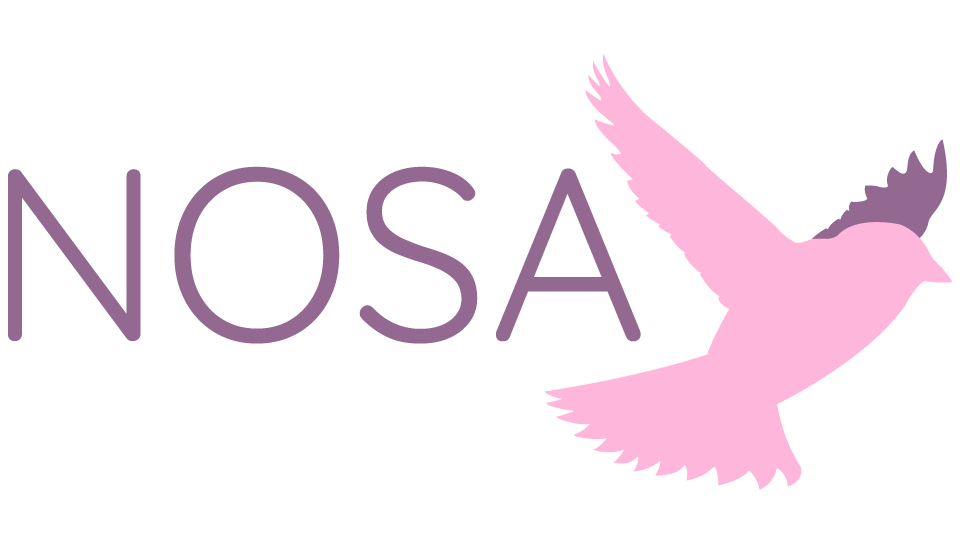
Working with clients every day, I’ve noticed that uncertainty about therapy costs can create a significant barrier to seeking help. Questions like “How much does a session actually cost?” or “Will I need to attend for months before seeing a difference?” often come up during initial conversations. My hope is that by shedding some light on CBT Therapy prices—including what factors influence them and what payment options exist—you’ll feel more confident taking that first step towards support.
Why CBT Remains a Leading Choice
Cognitive Behavioural Therapy (CBT) continues to stand out because of its structured, goal-oriented approach. Rather than digging exclusively into past events, CBT focuses on the here and now. It examines how our current thought patterns and beliefs affect the way we feel and behave.
When I sit down with a new client, we often discuss their immediate concerns and identify unhelpful thinking habits. From there, we work collaboratively to replace those patterns with more constructive ones. This practical framework not only addresses pressing issues—like anxiety, low mood, or obsessive thoughts—but also sets people up with tools they can revisit whenever new challenges arise. Over time, these techniques foster greater resilience, making CBT a valuable investment in mental well-being.
Common Concerns About Therapy Costs
Cost is understandably a top concern. Many clients wonder if they’ll need weekly sessions indefinitely or whether they can dip in and out as needed. Others might feel anxious about whether their budget can stretch enough to accommodate therapy over several months.
In practice, CBT is often time-limited and designed to equip you with coping methods that reduce the need for long-term, ongoing appointments. While the initial financial outlay might appear daunting, understanding that CBT offers a clear structure and tangible, evidence-based strategies can help offset these worries. Quite a few clients find it reassuring to know that they’re investing in a method known for delivering lasting results, rather than stepping into an open-ended process with no clear timeline.
Key Factors That Influence CBT Therapy Prices
When you see different price points for CBT, it’s usually tied to a few main elements:
1. Therapist Qualifications and Expertise
Therapists who have pursued extensive postgraduate education, specialised certifications, or clinical experience with specific disorders (like PTSD, OCD, or complex trauma) may charge more. The higher fee often reflects the additional training and supervision that sharpened their skill set.
2. Session Format and Duration
Most standard sessions last around 50 minutes, though some therapists choose to offer longer appointments—particularly for those tackling multiple or deep-rooted issues. Frequency also matters: weekly sessions can accelerate progress but accumulate costs more quickly, while fortnightly or monthly appointments spread out expenses.
3. Private Practice vs. Organisational Settings
Private practitioners typically set their own rates to reflect their overheads, such as office space and administrative staff. In contrast, clinics, mental health charities, or community services might have fixed, and sometimes lower, fees. They may also offer income-based pricing or grants to make therapy more accessible.
4. Location and Overheads
In-person sessions in large urban centres can be pricier due to higher living and office rental costs. By contrast, online or remote therapy might come at a slightly reduced rate, since therapists save on venue-related expenses and can accommodate more flexible scheduling.
5. Individual vs. Group Therapy
While one-on-one CBT provides tailored support, group therapy can be more cost-effective. If the idea of sharing in a group setting doesn’t feel too daunting, this option can still deliver core CBT methods at a lower price point.
Typical Fees and What They Cover
Generally, CBT sessions in the UK range from £50 to £100 per session, but these figures can fluctuate based on the factors above. While some practitioners charge a flat rate regardless of session type, others adjust fees if appointments run longer or if clients need specialised interventions.
In most cases, the fee covers:
A private setting (online or face-to-face) where you can comfortably discuss personal challenges
The therapist’s professional expertise, including the preparation they do before each session
Access to worksheets, exercises, or other therapeutic resources
Possible email or phone check-ins between sessions, depending on the therapist’s policy
Many people find it helpful to ask upfront about what each session includes. This transparency can prevent misunderstandings and ensure you’re getting the kind of support you expect for the price.
Balancing Cost with Long-Term Benefits
One question that often arises is: “Is it worth the cost?” From my standpoint, CBT is an investment that often pays dividends in multiple areas of life. Clients learn techniques to reduce anxiety, manage panic attacks, and challenge negative thought loops—skills that remain useful long after therapy ends.
Improving mental well-being can also have indirect financial benefits. Feeling more focused may enhance work performance, and better stress management can reduce the likelihood of sick leave or burnout. Moreover, having effective coping strategies generally leads to healthier relationships, which in turn can make day-to-day life more rewarding. It’s not just about solving one issue; it’s about building resilience that lasts.
Making Therapy More Accessible
Therapy doesn’t have to be prohibitively expensive. Below are a few avenues to explore:
Sliding Scale or Reduced Rates
Some therapists offer adjusted fees for clients on lower incomes. Enquiring about this doesn’t hurt—many practitioners understand financial constraints and value making their services accessible.
Bundles or Multi-Session Packages
Paying for several sessions upfront might come at a discounted rate. This approach can also reinforce a commitment to the therapy process, ensuring consistency.
Employee Assistance Programmes (EAPs)
If employed, check whether your workplace offers free counselling sessions through an EAP. While these may not cover long-term therapy, they can be a great starting point and reduce initial costs.
Health Insurance
Some private health insurers include mental health provisions, which may partially or fully reimburse you for therapy. Policies vary, so it’s worth verifying if CBT is specifically covered.
Online Sessions
Scheduling therapy remotely can sometimes lower the session fee, and it saves money on travel. Online therapy maintains the same CBT framework but with the convenience of connecting from home.
Next Steps
Having a realistic sense of CBT Therapy prices often removes a significant hurdle for those considering professional help. By looking at how fees are determined—qualifications, session format, overheads—you can gauge which route suits your circumstances best. CBT’s structured, time-efficient methods often make it an ideal choice for people who want effective, evidence-based support without committing to endless sessions.
Ready to discuss your options or book an appointment? At NOSA, the goal is to offer personalised therapy that respects both your well-being and your budget. Get in touch today to learn more about how CBT can help you move forward, and let’s find a plan that fits your needs.
Looking for more insights into CBT and how it can help? Explore our client journeys to see real experiences of those who have benefitted from therapy. For further reading, visit our blogs, where we cover a range of mental health topics. If you have any questions, our FAQ page provides helpful answers about therapy, treatment options, and more.

